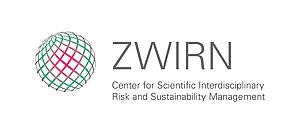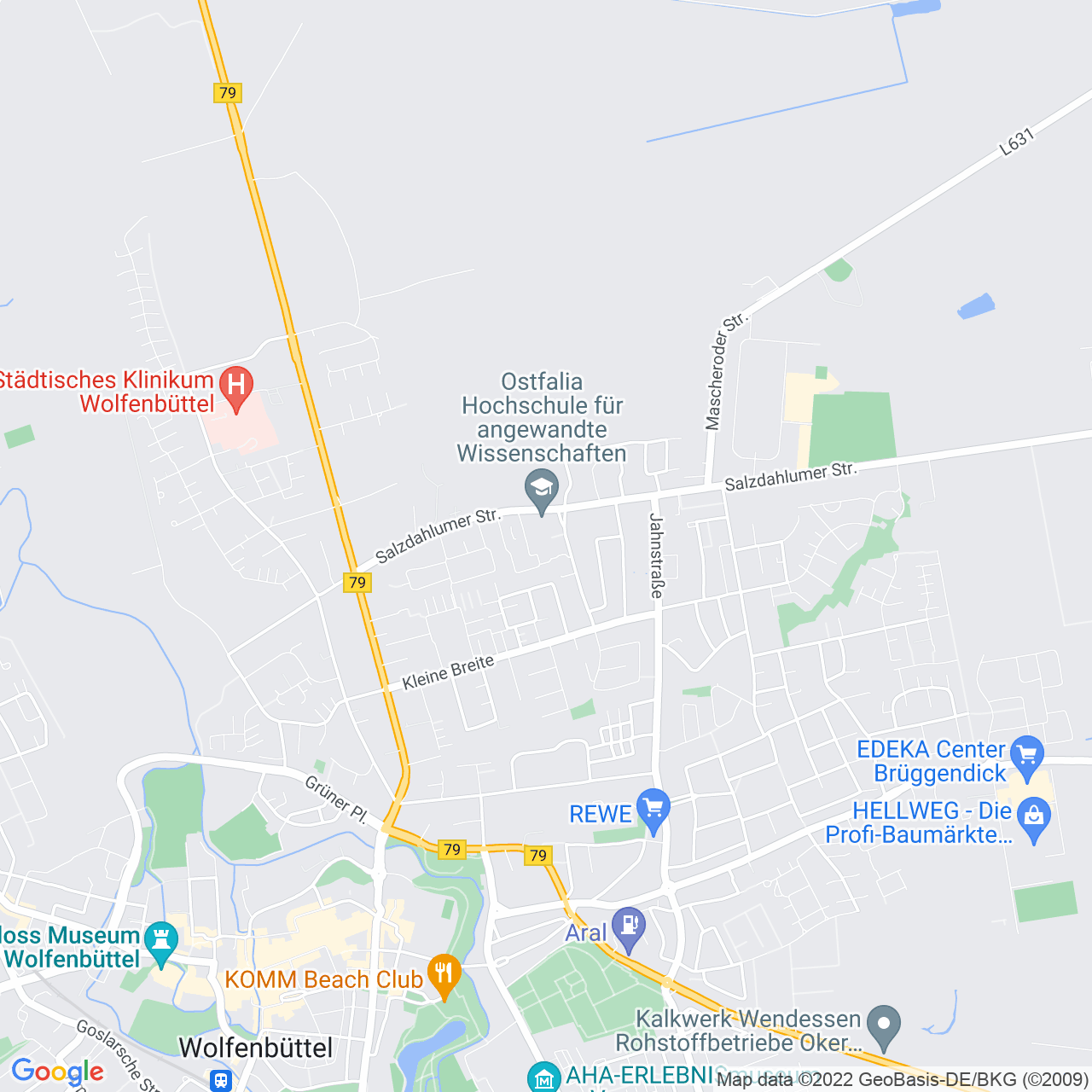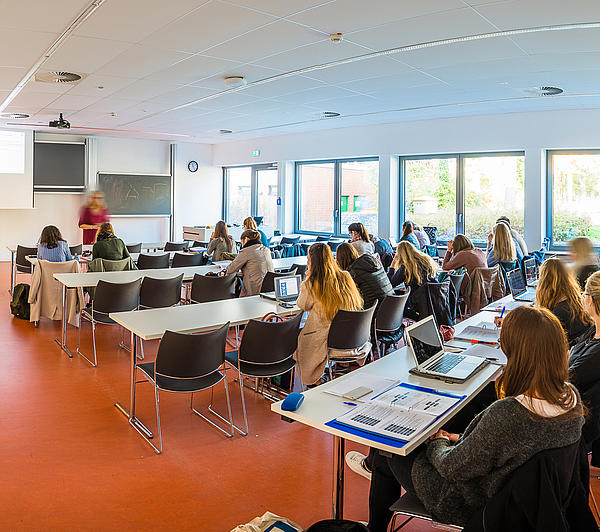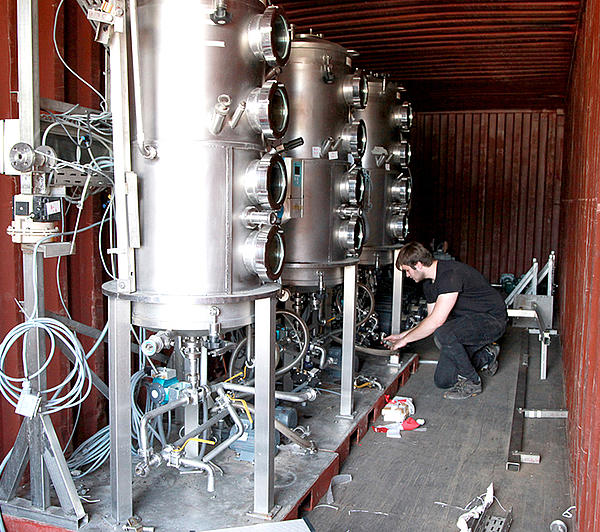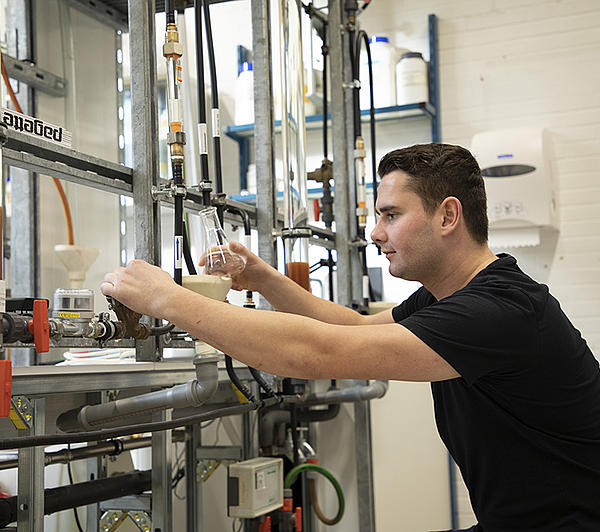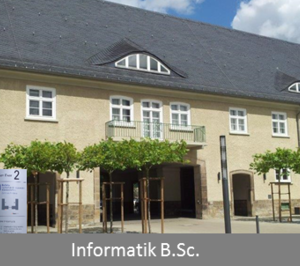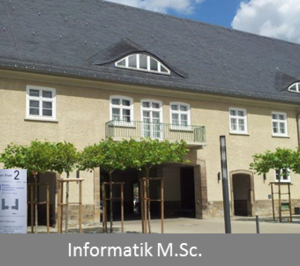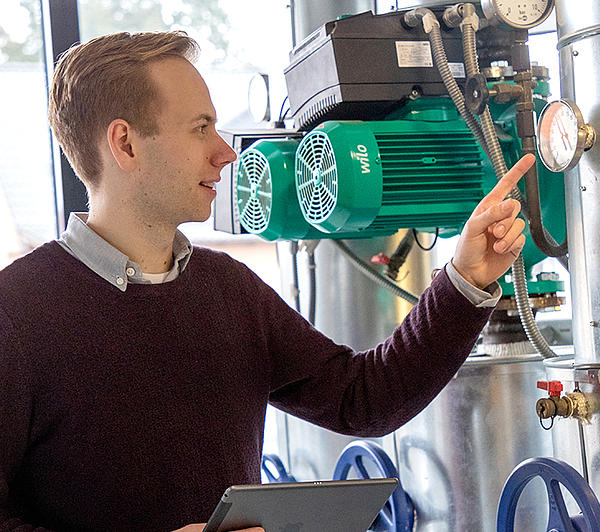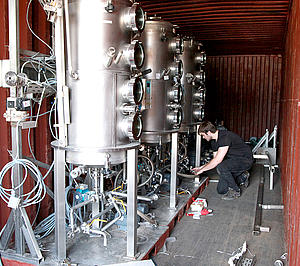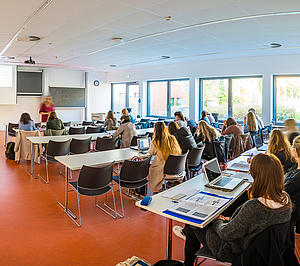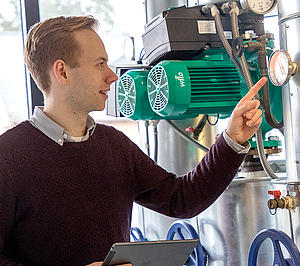A new international interdisciplinary and transdisciplinary Master's Degree Programme
In the light of recent studies on climate change (e.g. by the WMO or IPCC), we face major challenges in achieving climate targets and halting global warming, especially as the Production Gap Report 2019 also offers little hope. The European Parliament has therefore declared a climate emergency and wants to take courageous measures against climate change in order to be the first continent to achieve the Paris climate targets. These include new legal and regulatory requirements to promote standards for sustainability management and sustainability reporting on climate risks, including ESG risks, for listed companies, banks, insurance companies and investment firms.
In view of these challenges and in order to mitigate ESG risks, the Ostfalia Centre for Scientific, Interdisciplinary Risk Management (ZWIRN) has developed a new international interdisciplinary and transdisciplinary Master's Degree Programme in Sustainability and Risk Management (SRM) for part-time students. We see a great interaction of sustainability and risk issues as well as similar demands on the interdisciplinary treatment of these issues for practical application. Sustainability is the balance between short- and long-term risks and benefits. Both risk and sustainability are based on forecasts with limited accuracy, and both require assessments covering environmental, economic, technological, legal and sociological aspects.
Study type: Part time online program with face-to-face attendance phases
Degree: Master of Science (M.Sc.)
Duration: 5 semesters (including master thesis)
Language: English
Start: Fall and spring semester
Costs: Total costs of 15.000 € (in four rates of 3.750 €)
Qualification Objectives
The participants of the course are to be enabled to scientifically penetrate the interdisciplinary complexity of the subject areas of sustainability and risk management, to understand and anticipate interrelationships and mutual effects, and to develop appropriate, responsible solutions for their field of activity. Special attention is paid to a fact-based, analytical approach and the critical examination of existing approaches. The teaching modules, which examine and structure the subject areas of sustainability and risk management from various aspects in an interdisciplinary manner, serve this purpose.
Students should be enabled to grasp and assess both subject areas in an interdisciplinary manner and to develop and implement holistic strategies and concepts appropriate to the various disciplines. They should develop the ability to identify strengths and weaknesses of approaches to solutions from fact-based analysis and to synthesise them creatively into improved solutions. The Application Workshops, which build on the teaching modules, are networked with them and develop them further in various practical problem areas, serve this purpose.
The prerequisite for achieving the qualification goals is that the participants already have comprehensive skills in at least one of the underlying disciplines as well as corresponding practical experience. This is ensured by the admission requirements of a completed academic education and at least one year of corresponding professional experience.
The acquired qualifications enable the participants not only to deal with challenges of sustainability and risk management in their professional environment using scientific methodology and thus to further develop their professional qualification, but also to competently address these highly relevant topics in social discourse and to participate responsibly in their development and implementation.
The discourse-oriented teaching modules, the application workshops aimed at cooperation and implementation competence, the comprehensive master's thesis aimed at independence and personal responsibility, and the international study programme, which is conducted entirely in English, thus also explicitly serve the personal development of the participants.
Course of Studies and Modules
The programme begins with an introductory module "Legal foundations" as a teaching module. This serves to adjust the different entry situations of the different participants, to refresh and supplement essential basic knowledge on the topics of sustainability and risk management, as well as to familiarize students with the course concept.
The three pillars of the course of study build on this:
- The two pillars on the subject areas of "Sustainability" and "Risk Management", with four teaching modules each, penetrate the respective subject area from four different aspects in an interdisciplinary manner. Wherever possible, analogous aspects (strategy, communication, conflict management) are taken up in the two subject areas, thus creating a network between the two subject areas.
- The pillar of the Application Workshops with at least three project modules (elective modules; additional project modules can be taken as optional subjects) serves the application. The findings from the teaching modules are applied in a time-concentrated, holistic and result-oriented manner in the form of a project to a specific area (e.g. an industrial sector or a social topic). The target topic of the Application Workshops changes from semester to semester and also depend on the composition of the study group.
The Master's thesis as a degree builds on these three pillars. In it, the participants have to prove that they are able to apply the competences acquired in the modules independently and adaptively to a real topic. It is intended that the participants choose a topic from their own professional environment for this purpose, but not necessarily.
The modules are thematically interlinked in many different ways both within and between the subject areas of "risk management" and "sustainability" and comprehensively reflect the aspects of both subject areas that are essential in application. The entire course of study is held in English in order to serve an international clientele on the one hand and to take into account the international scope of both subject areas on the other.
Application for Admission
Access requirements
The admission requirements for the SRM Master's program are
- a completed Bachelor's or Diploma degree with a total of 210 ECTS credits
- at least one year's relevant professional experience, based on the course of study, of at least one year's duration
- English language level of at least B2
The Admission Regulations which you find on our website provide compensation regulations in order to allow access even for prospective students whose university degree only comprises 180 ECTS points.
Application
The Master's programme "Sustainability and Risk Management" begins in fall and spring semesters. The application must be received by the university by 15th july for the winter semester and by 15th january for the summer semester.
Please download the interactive application form and send it signed with the requiered documents to zwirn@ostfalia.de. Officially certified copies have to be provided in case of admission via mail.




